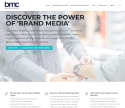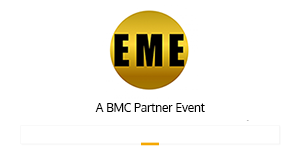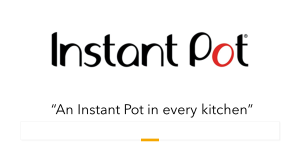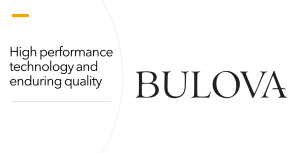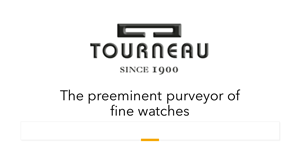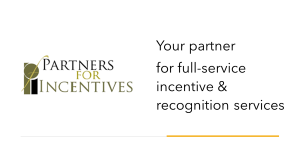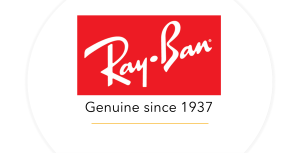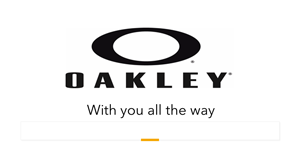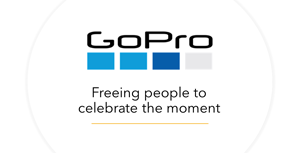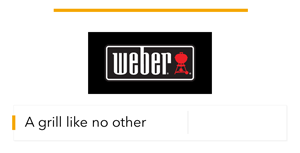Study Finds Strong Link Between Pride and Performance
An online study of over 1,000 full-time employees across genders, age, and industries finds that pride is a leading driver of performance and that to foster it provides a comprehensive approach.
“While it is easy to use incentive dollars, promotions, and technology to address cultural challenges, it became clear from this study that these are only part of the solution. Additional approaches to the challenge of building great company cultures are found in the powerful intangibles of leadership, teamwork, and human systems and services that help to motivate and redesign new ways for people to recognize and interact with each other in the workplace.”
This is one of the key findings of “The Workproud Study,” conducted for Workproud.com, a leadership advisory firm, by Dr. Bob Nelson, an authority in management and recognition, and Rick Garlick, a research veteran of Gallup and other firms, and currently Research Director for the Incentive Research Foundation at TheIRF.org.
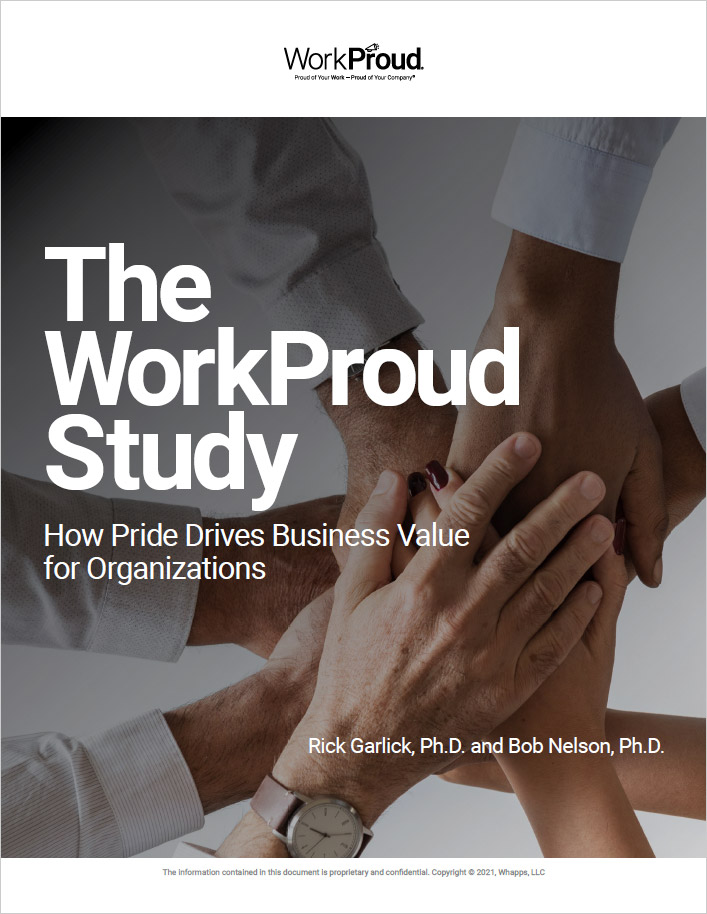 Click here to download the full report.
Click here to download the full report.
The study set out to find answers to the following questions:
• How much pride exists in today’s workforce?
• What are the key drivers to individual pride and company pride?
• To what extent does pride influence key business outcomes such as engagement, advocacy, retention, discretionary effort, etc.?
• Does any particular mode of recognition (i.e., personal, written, public, digital) have more influence on pride than others?
• To what extent does employee recognition impact one’s sense of pride?
Using a five-point scale where ‘1’ meant ‘strongly disagree’ and ‘5’ meant ‘strongly agree’, the survey asked the respondents to indicate their level of agreement or disagreement with 53 items that would predict the personal pride one has in their work, as well as the pride one has in their company. A portion of the 53 items represented ‘outcome’ items and the remainder pertained to recognition as a potential catalyst for pride, according to the report outlining the study.
“The present study showed that when employees take pride in their work or feel pride about their employers, their behaviors lead to positive workplace outcomes. Pride was found to be essential to employees feeling more energized in the workplace and equated to more people wanting to come to work and put in their best efforts. When people feel pride in their workplace, their morale is high and they feel positive about being part of the larger team. As a result, people feel they are doing something that makes a difference in both their own lives, as well as for the greater good.”
In addition, the study finds “that pride in one’s work and company strongly influences important human capital outcomes such as employee satisfaction, advocacy, retention, and business profitability. Factor analysis was performed on the survey items to reduce a large number of variables to a smaller number of related variables that influence the pride one experiences in their work or their company. Consequently, four driving factors emerged: Intrinsic drive, recognition, external validation, and culture.”
According to the study, “Pride in your work is a result of feeling as though you are doing significant work and linking your contributions to the success of your customers and your company. Pride in your company is the result of working for a company whose mission and values you respect, one that treats its workers with dignity and respect, and is seen as both a good corporate and community contributor. Recognition and the degree to which others validate one’s achievements are critical drivers to both pride and employee engagement outcomes. Pride, both in your work and your company, is not significantly influenced by remote versus on-site working arrangements, gender, age, industry.”
The authors assert, “The results from this study were irrefutable: no matter how much monetary incentive you provide to employees, if you do not put in the due diligence to address non-monetary, intrinsic drivers such as pride and engagement, the goal of a high-performing business culture will remain elusive. While it is easy to use incentive dollars, promotions, and technology to address cultural challenges, it became clear from this study that these are only part of the solution. Additional approaches to the challenge of building great company cultures are found in the powerful intangibles of leadership, teamwork, and human systems and services that help to motivate and redesign new ways for people to recognize and interact with each other in the workplace.”
About the Authors
Dr. Bob Nelson has an MBA in organizational behavior from UC Berkeley and a PhD in management and human behavior with the late Dr. Peter Drucker, “The Father of Modern Management,” at the Drucker Graduate Management School in Los Angeles. Dr. Nelson’s doctoral dissertation was on “Factors that Encourage or Inhibit the Use of Employee Recognition by US Managers.” He teaches for the MBA program at the Rady School of Management at the University of California in San Diego and has sold 5 million books on management and employee recognition and rewards, including 1501 Ways to Reward Employees (now in its 64th printing), his latest book, 1001 Ways to Engage Employees, and many others.
Dr. Rick Garlick has over two decades of employee experience research, beginning with his work at The Gallup Organization in the mid-90s. He has held leadership positions at Maritz CX, J.D. Power, and Magid, a boutique consumer insights and business consulting firm. In each of these positions, he focused on various aspects of the employee experience from talent selection to motivational strategies to understanding service culture dynamics that either facilitate or inhibit employee performance. He currently serves as Chief Research Officer for the Incentive Research Foundation (IRF) where he oversees key employee motivation research initiatives that advance the science of the industry.
Click here to get RRN news delivered each week.
Education, Certifications, and Information to Activate
Brand Media and Enterprise Engagement
A complete learning, certification, and information program and a course syllabus for educators.
Resources: The Brand Media Coalition, the only guide to the story-telling power of brands and where to source them for business, event, promotional gifting, and rewards and recognition. Enterprise Engagement Solution Provider Directory. The only directory of engagement solution providers covering all types of agencies and tactics as well as insights on how to select them.
Communities: The Enterprise Engagement Alliance and Advocate and the Brand Media Coalition free resource centers offering access to the latest research, news, and case studies; discounts, promotions, referrals, and commissions, when appropriate to third-party solution providers from participating coalition solution provider members.
Training and Certification
Enterprise Engagement Alliance Education: Certified Engagement Practitioner; Advanced Engaged Practitioner, and Certified Engagement Solution Provider learning and certification programs on how to implement Stakeholder Capitalism principles at the tactical level.
International Center for Enterprise Engagement: The only training and certification program for ISO 30414 human capital reporting and ISO 10018 quality people management certification.

The EEA offers a complimentary course syllabus for educators.
In Print:
This is the definitive implementation guide to Stakeholder Capitalism, written specifically to provide CEOs and their leadership teams a concise overview of the framework, economics, and implementation process of a CEO-led strategic and systematic approach to achieving success through people. (123 pages, $15.99)
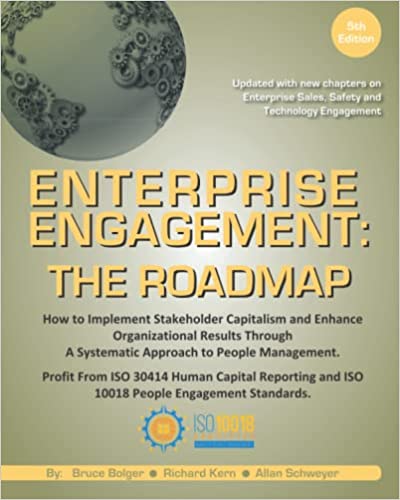
The first and most comprehensive book on Enterprise Engagement and the new ISO 9001 and ISO 10018 quality people management standards. Includes 36 chapters detailing how to better integrate and align engagement efforts across the enterprise. (312 pages, $36.)
Online:
10-minute short course: click here for a 10-minute introduction to Enterprise Engagement and ISO standards from the Coggno.com learning platform.
Services:
• The Engagement Agency at EngagementAgency.net, offering: complete support services for employers, solution providers, and technology firms seeking to profit from formal engagement practices for themselves or their clients, including Brand and Capability audits for solution providers to make sure their products and services are up to date.
• C-Suite Advisory Service—Education of boards, investors, and C-suite executives on the economics, framework, and implementation processes of Enterprise Engagement.
• Speakers Bureau—Select the right speaker on any aspect of engagement for your next event.
• Mergers and Acquisitions. The Engagement Agency’s Mergers and Acquisition group is aware of multiple companies seeking to purchase firms in the engagement field. Contact Michael Mazer in confidence if your company is potentially for sale at 303-320-3777.
Enterprise Engagement Benchmark Tools: The Enterprise Engagement Alliance offers three tools to help organizations profit from Engagement. Click here to access the tools.
• ROI of Engagement Calculator. Use this tool to determine the potential return-on-investment of an engagement strategy.
• EE Benchmark Indicator. Confidentially benchmark your organization’s Enterprise Engagement practices against organizations and best practices.
• Compare Your Company’s Level of Engagement. Quickly compare your organization’s level of engagement to those of others based on the same criteria as the EEA’s Engaged Company Stock Index.
• Gauge Your Personal Level of Engagement. This survey, donated by Horsepower, enables individuals to gauge their own personal levels of engagement.
For more information, contact Bruce Bolger at Bolger@TheEEA.org, 914-591-7600, ext. 230.



